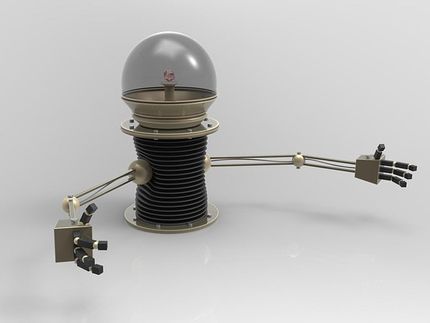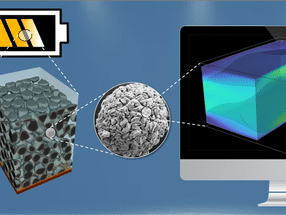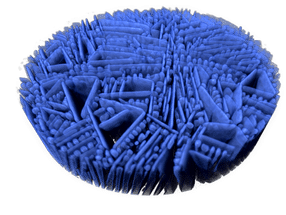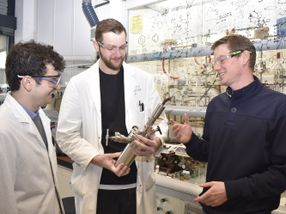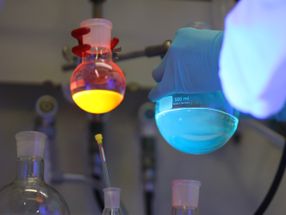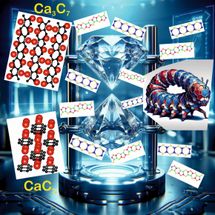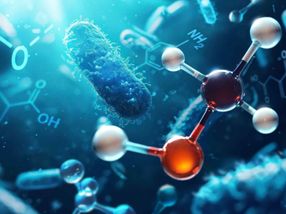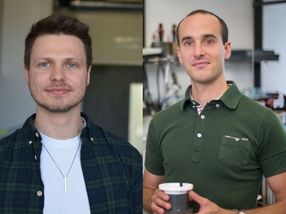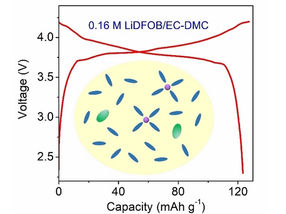Albany Molecular Research, Inc. Partners with National Cancer Institute to Develop Anti-Cancer Drugs
Albany Molecular Research, Inc. (Nasdaq: AMRI) today announced the signing of a Cooperative Research and Development Agreement (CRADA) with the National Cancer Institute to develop anti-cancer compounds.
Under the terms of the five-year agreement, scientists from both AMRI and the National Cancer Institute (NCI) will select available, non-proprietary compounds for biocatalytic derivative synthesis from the NCI's repository. Using its proprietary combinatorial biocatalysis technology, AMRI will prepare derivatives of these lead compounds, with the goal of identifying new analogs that maintain promising anti-cancer activity, while overcoming any limiting properties that may have hindered development of these compounds.
The National Cancer Institute will conduct in vitro biological testing of the compounds produced by AMRI, including evaluation on human xenografts of 60 different types of human cancer cells. NCI will determine the potency of the compounds based on measures of cell growth inhibition and cell destruction, compared to known cancer-fighting agents. Promising lead compounds will undergo additional preclinical evaluation at NCI.
AMRI researchers will use proprietary combinatorial biocatalysis technology to alter the chemical structure of the starting compounds in an effort to improve their efficacy as therapeutic agents. The technology employs enzymes and microbial systems to create derivatives similar to the original starting compounds. These techniques complement traditional chemistry methods used by pharmaceutical researchers, and allow scientists to access specific parts of a molecule that may be inaccessible through traditional methods of organic synthesis.
"This agreement makes excellent use of our proprietary biocatalysis technology, combined with the accumulated knowledge and resources of the NCI," said Peter C. Michels, Ph.D., senior director of AMRI's Biocatalysis Division. "The National Cancer Institute has tested thousands of compounds over the last several decades. Many of these compounds showed preliminary in vitro activity, but were not developed for various reasons. In collaboration with the NCI, our scientists will prepare derivatives of these lead compounds with the hope of identifying one or more development candidates."
Other news from the department science
Most read news
More news from our other portals
See the theme worlds for related content
Topic world Synthesis
Chemical synthesis is at the heart of modern chemistry and enables the targeted production of molecules with specific properties. By combining starting materials in defined reaction conditions, chemists can create a wide range of compounds, from simple molecules to complex active ingredients.

Topic world Synthesis
Chemical synthesis is at the heart of modern chemistry and enables the targeted production of molecules with specific properties. By combining starting materials in defined reaction conditions, chemists can create a wide range of compounds, from simple molecules to complex active ingredients.
